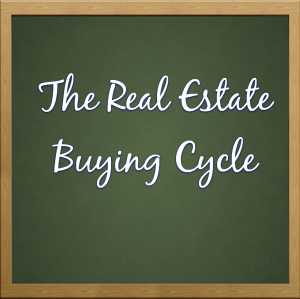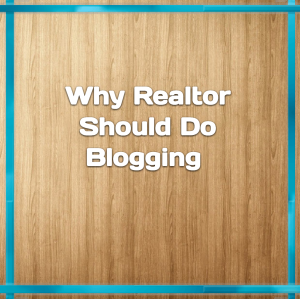Don’t want to cold call or knock on strangers’ doors? Tired of spending your marketing dollars on farming materials or pay-per-lead programs? Starting to wonder if your friends really appreciate your frequent reminders to send business and referrals?
STEP ONE
Making a list of everyone you know and enter it into a contact management system. As you are putting together your very first list, or reorganizing the one you have, you will probably notice that there are two general categories of contacts, the first being those in your social network and the second being, well, everyone else who knows you and knows that you sell real estate.
STEP TWO
Writing an interesting, relevant, non-salesy announcement or reconnection letter to everyone on your list. Your friends have lots and lots of choices when it comes to real estate agents. Do not count on their loyalty just because you send them letters on a regular basis thanking them for their support and begging for their referrals. If you can speak intelligently and usually hold your listener interest, then you can transfer that ability to paper.
STEP THREE
Creating a business plan and set goals for yourself. All you need to do is sit down and think of activities you enjoy that include people you already know or increase the likelihood that you will meet new people. And then decide how many times a week, a month, a quarter or a year you are doing to do these activities.
“if you are a great real estate agent who stays in touch with the people you know without ever making a nuisance of yourself, you are way ahead of your competition.”
Here are some items:
- Lunch, coffee, dinner dates.
- Personal phone calls, personal emails, handing out business cards.
- Collecting business cards, collect business cards and adding names to your sphere of influence.
- Thank you cars and join a new group.
- Blogging and attend a community events.
STEP FOUR
Implementing your plan. It is pretty easy – just follow the plan! Schedule dinner dates, look for opportunities to pick up the phone and call people you know, spend half an hour every morning sending put personal emails. Keep your antenna up for opportunities to thank people. Accept invitations to parties and have a few of your own. Smile at people instead of avoiding eye contact.
The good news is that after a month or two of consciously following your plan, you won´t really need the plan anymore. You will be doing it naturally and you will be seeing results from it that will inspire you to keep it up.
So, the big picture… if you are a great real estate agent who stays in touch with the people you know without ever making a nuisance of yourself, you are way ahead of your competition. Your competition is made up of other great real estate agents and other real estate agents who stay in touch with their clients, but very few great agents who do a good job of staying in touch.







